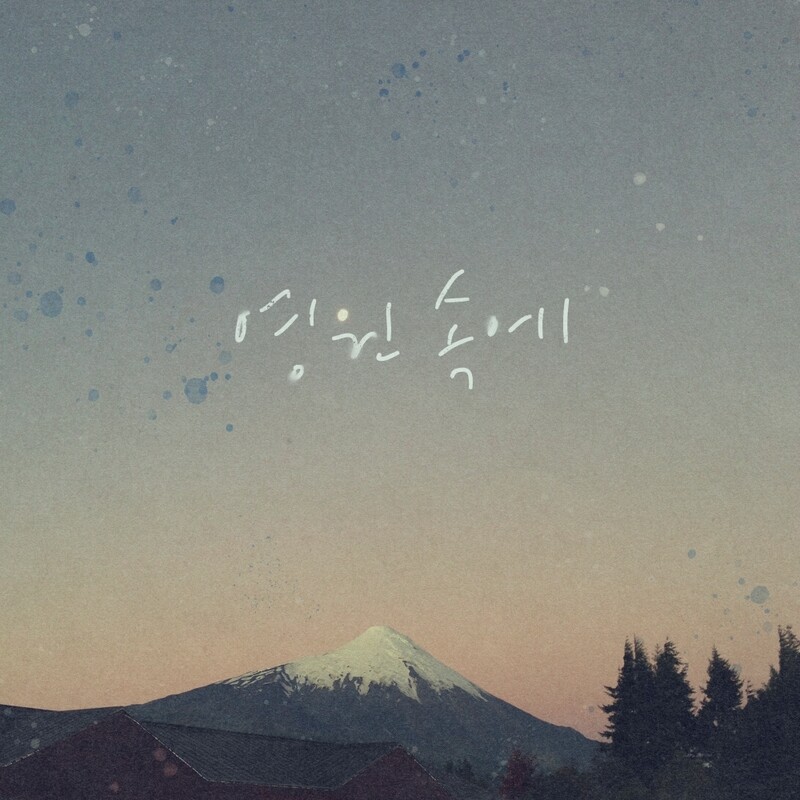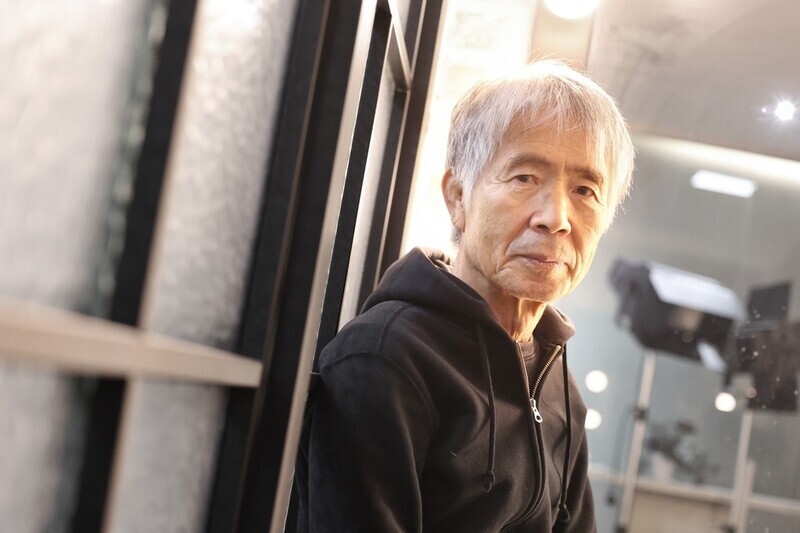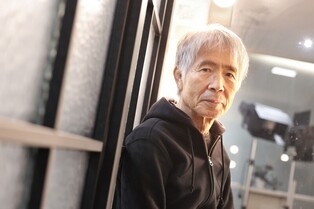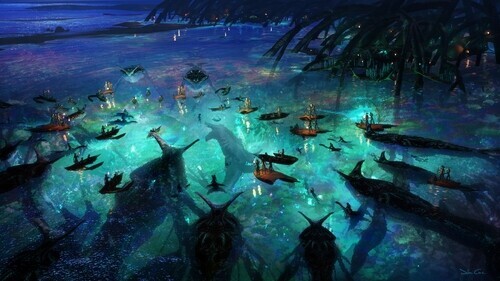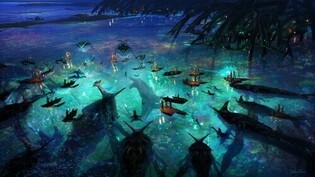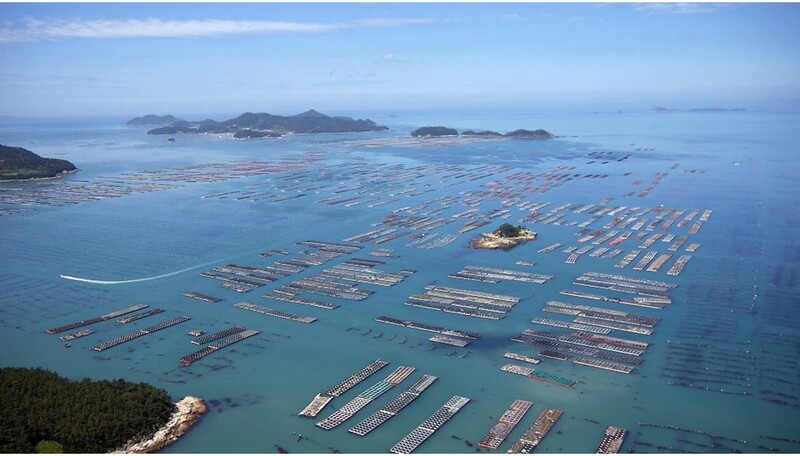 |
| ▲ This photo, provided by Wando County, shows an abalone farm in an unpolluted region. (PHOTO NOT FOR SALE) (Yonhap). |
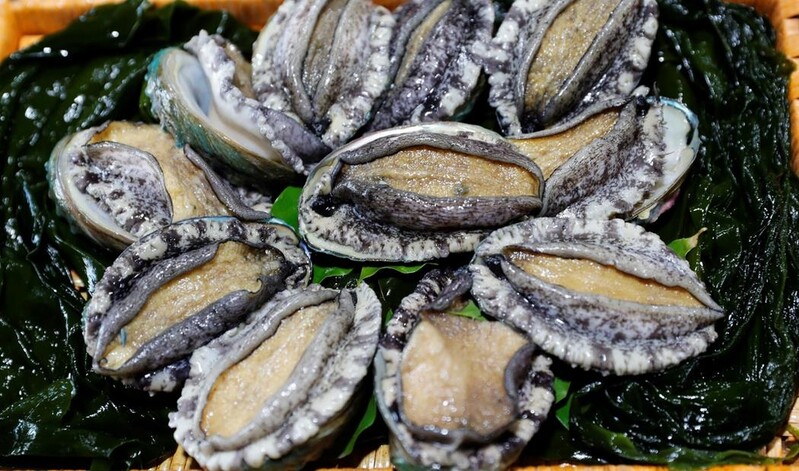 |
| ▲ This photo, provided by Wando County, shows Wando abalones (PHOTO NOT FOR SALE) (Yonhap). |
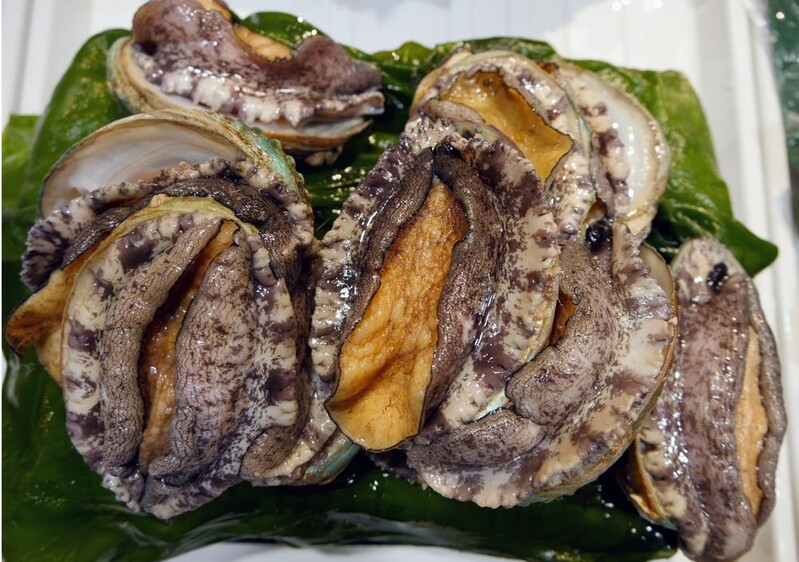 |
| ▲ This photo, provided by Wando County, shows Wando abalones (PHOTO NOT FOR SALE) (Yonhap). |
SEOUL, Mar. 28 (Yonhap)-- Last year, 16,722 tons, 72% of the South Korean abalone production was produced in Wando County, Jeollanam-do.
Abalone, also known as the 'Wild Ginseng of the sea', is considered an essential food as it is nutritionally superior to any other food. Abalone grown in Wando, in particular is grown from eating seaweed and kelp from the clean, unpolluted sea making it rich in various vitamins, iron, calcium, and protein.
As it contains abundant amounts of glycine and arginine, it is good for the elderly and and the children for growth. Taurine also helps in restoring vision and lowering cholesterol.
There is a saying that eating one abalone a day will bring good changes to the body in a month. Thus, there is no other nutritional supplement like this.
Abalone is usually eaten raw, grilled, steamed or is cooked as abalone porridge. However, in Wando, it is often cooked with octopus, craps, chicken and Korean dendropanax to make Chicken and Seafood Soup.
Since 2014, Wando County has been encouraging consumers to eat abalone every year around Sambok (three hottest days of the year between June and August) and has also been holding an event called 'Abalones on Bok-nal, Abalone Day'.
As more people have been gaining interest in health due to COVID-19, abalones, which helps to restore energy and strengthen immunity is also gaining more attention.
Wando County announced, that on Korean Thanksgiving last year, the big size abalones weren't available as they were all sold out.
The Jeonnam Nano Bio Research Center, Marine Biotechnology Research Center confirmed through cell experiments that such foods including abalone intestines, seaweed fusiforme, sea staghorn, sargassum fusiforme helps in protecting oneself from the COVID-19. These experiment results were presented in the world-class academic journal, 'Marine Drugs'.
(This article is translated from Korean to English by Haemin Kim.)
(END)
(C) Yonhap News Agency. All Rights Reserved


















![[2026 Outlook] BTS, BLACKPINK comebacks; UNESCO World Heritage session in Busan fuel K-culture momentum](/news/data/20251226/p1065576816972067_337_h.jpg)




